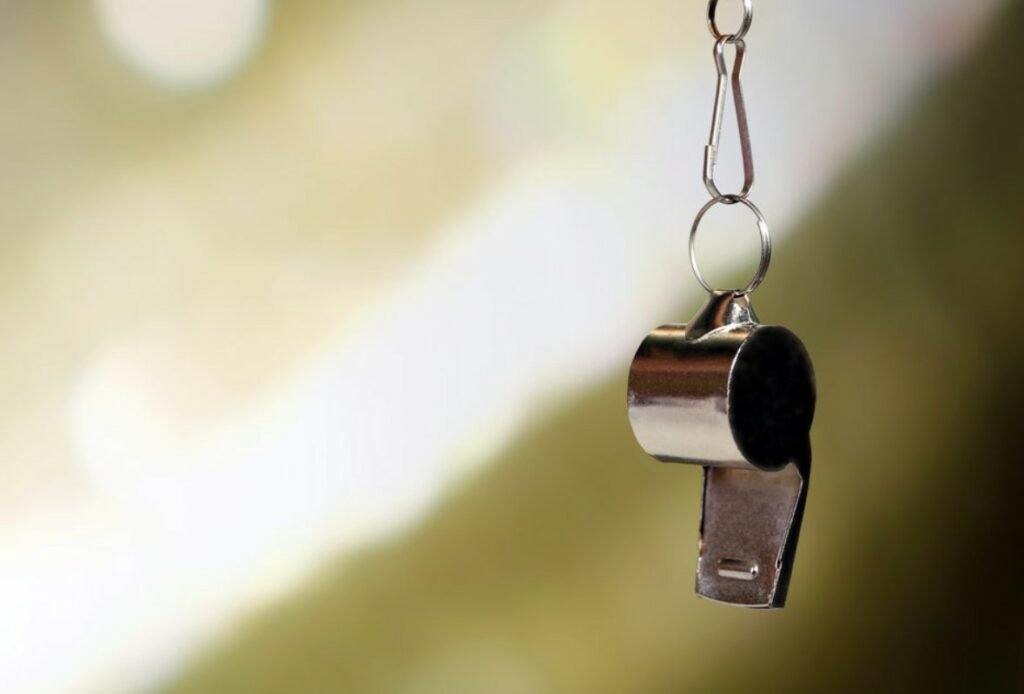In a moment that will be debated for years to come, the NCAA women’s basketball game between the Iowa Hawkeyes and the UConn Huskies ended in uproar. A contentious foul call in the final seconds has sparked a firestorm of reactions across social media, with fans, athletes, and analysts weighing in on a decision that may have altered the course of sports history.
The Final Countdown
As the clock ticked down in Cleveland, the tension was palpable. Iowa led by a single point, and UConn had possession. It was the kind of scenario that every athlete dreams of – a chance to clinch victory in the dying moments of a game. But instead of a triumphant buzzer-beater, the game concluded with a referee’s whistle. A moving screen foul was called on UConn’s Aaliyah Edwards, a decision that left players and fans alike in disbelief.

The immediate aftermath was a cacophony of boos and cheers, as Iowa celebrated their passage to the finals while UConn grappled with the abrupt end to their championship hopes. Social media erupted, with some supporting the call and others decrying it as an injustice. Notable figures like LeBron James and Rudy Gay voiced their dissent, suggesting that such a call should not define a game of this magnitude.
A Game of Opinions
The controversy has reignited the age-old debate about the role of officiating in sports. On one side are those who argue for the sanctity of the rules, regardless of the game’s stage. They contend that a foul is a foul, whether it’s the first minute or the last. On the other side are proponents of the ‘let them play’ philosophy, who believe that officials should avoid decisive calls in crucial moments, allowing the players to determine the outcome.
This incident has also highlighted the power of social media as a platform for public discourse. The reactions ranged from analytical breakdowns of the play to emotional outpourings of support or frustration. The diversity of opinions showcases the passionate investment of fans and the personal connections many feel to the teams and athletes involved.
The Aftermath and the Future
The fallout from this game will likely linger, influencing discussions about sportsmanship, the pressures faced by officials, and the impact of social media on the perception of sports events. As the dust settles, the NCAA, coaches, and players will have to navigate the complex interplay between the letter of the law and the spirit of the game.
The debate will rage on, but one thing is certain: this controversial call has etched itself into the annals of NCAA history, and its reverberations will be felt for years to come.





















